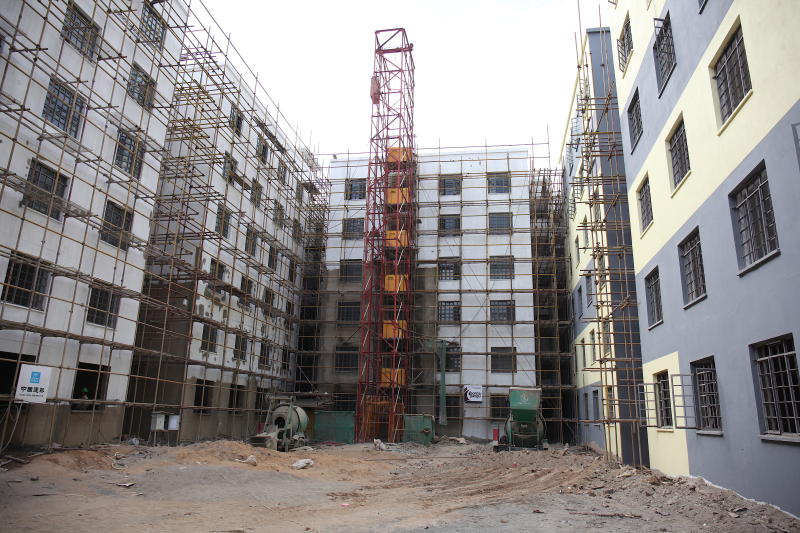×
The Standard e-Paper
Stay Informed, Even Offline

Last Thursday, government spokesman Col(Rtd) Cyrus Oguna held a press briefing at the site of the first affordable housing project along Park Road, Nairobi. As expected, senior government bureaucrats were in tow.
One man, however, stood out from the small team that had assembled around Oguna. Joseph Muhia stood behind the retired military man like a sentry.